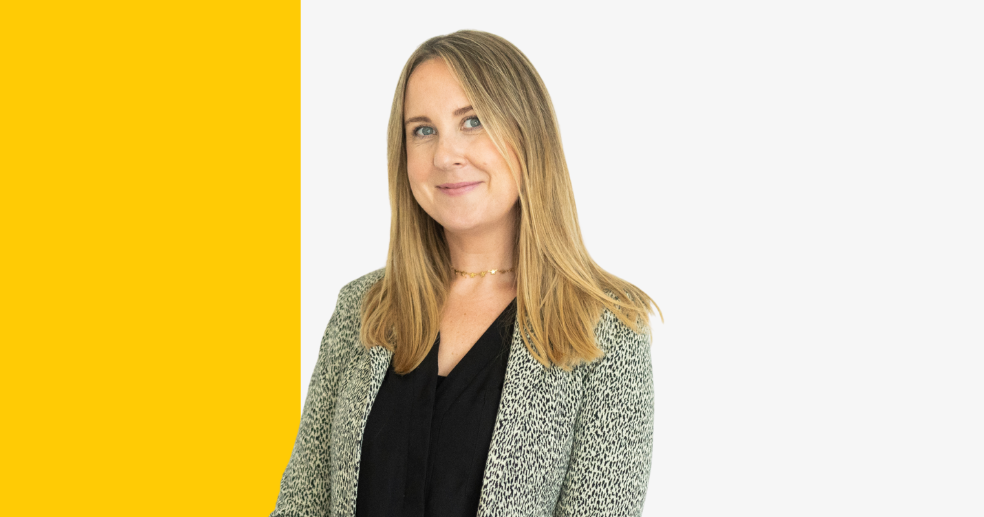Buying a home is one of the most exciting (and expensive) things you may ever do! But while most people focus on the deposit and the asking price, the true costs of buying a home stretch far beyond those.
If you’re a first time buyer, some costs can come as quite a shock. At Hodge, we know how important it is to plan. So, here’s our breakdown of five hidden mortgage costs you might not expect and what you can do to avoid getting caught out.
Hidden cost #1 – Mortgage fees
You may wonder how mortgage fees are in this list of hidden costs – after all, most people expect to pay a fee. However, it’s important to be aware some lenders charge arrangement fees, booking fees or product fees.
Some lenders will allow you to add the fee to your mortgage which can ease the upfront cost. But if you do, you’ll typically pay interest on it for the life of the loan – always do the maths and ask your mortgage adviser if it’s worth paying up front.
Hidden cost #2 – Legal fees
You’ll need a conveyancing solicitor to handle the legal paperwork when buying a property. The typical solicitor costs you can expect to pay range from £800 to around £1,500 – but this will depend on your property’s value and the complexity of the purchase.
You may also have to pay disbursement fees. These are fees the solicitor passes on to the client. For example, local authority search fees and electronic transfer fees. So, in total, legal fees are usually about £2,000 including VAT.
It may be a good idea to use a solicitor recommended by someone like a professional advisers, friends or family and be clear and upfront about the expected breakdown of costs.
Hidden cost #3 – Surveys
You wouldn’t be alone in assuming that a mortgage valuation is your only or best option when buying or selling a home. In fact, the mortgage valuation is just a basic check for your lender’s benefit of what the home is worth. For your own peace of mind, you may want to consider a more detailed survey to check the structural integrity of the building.
Survey options can include:
Mortgage valuation – a basic report can cost around £380, increasing based on the property’s value. However, many lenders, including Hodge, will offer this for free on properties under a certain value.
Homebuyers report – usually the next tier of pricing, around £400-£1000 and will cover more detail and repairs. These intermediate surveys highlight major defects and significant risk factors while providing detailed insights.
Full structural survey – usually for older or unusual homes, but a full structural report can be helpful for any type of home. These in-depth surveys cover everything from major structural issues to smaller problems like slipped tiles or leaking gutters. You can expect to pay anywhere from £600 up to around £1,500. It could inform you how much work is needed on your potential new home and even help you negotiate on the asking price.
Speak to your mortgage adviser for advice on which type of survey is needed. You don’t want to put yourself in a position where it’s only after you’ve moved in that you uncover some significant issues.
If you’re buying a home in Scotland see the Scottish Government’s guidance.
Hidden cost #4 – Home insurance
What referring to home insurance, there are 2 components worth considering,
Building insurance, although not a legal requirement, is often a requirement for mortgage lenders. And they usually insist you have building insurance in place before completion as it protects your home from risks like fire and flood.
In addition, Contents insurance is commonly taken as part of the policy as it covers your belongings from clothes to white goods, although there is no requirement to do so.
The good news is that you can shop around for the best deal. Speak to your mortgage adviser for guidance on trusted providers. The cheapest isn’t always best – check thoroughly what’s included in the policy before you agree.
Hidden cost #5 – Stamp duty
If buying a property in England and Northern Ireland you’ll pay Stamp Duty Land Tax (SDLT), in Scotland it’s called Land and Building Transaction Tax (LBTT) and in Wales you’ll pay Land Transaction Tax (LLT). It’s basically the tax the buyer pays for purchasing a property in the UK over a certain value. It’s based on percentages, and these differ between countries.
Who pays stamp duty?
You may need to pay this tax when you:
- Buy a property, both outright and with a mortgage
- Purchase a property or piece of land costing more than £40,000
- Buy a freehold or leasehold property
- Buy through shared ownership or pay for a share in a property.
See a full list of the thresholds in each country here: Stamp duty thresholds
Gov.uk also has a list of the latest Land Registry fees and current SDLT rates. You can also work out your own costs with the Stamp Duty calculator.
Other moving costs to consider
Stay ahead of hidden costs by being aware of them. This way you can plan ahead and limit the stressful surprise that can come with (and prevent the fall-through) of getting through the door of your ideal home.
-
Removal costs
If you need help to move your furniture and personal belongings from one home to another. According to the Zoopla, the average house removal cost for a 3-bedroom home is around £1300.
-
Mail redirection
It’s a good idea to set up a redirect for your mail until you have time to change all your address details. A mail redirection from Royal Mail is around £30-40.
-
Cleaning costs
If you’re moving from a rental or into a home where you may need it to be cleaned before arriving. The costs of cleaning fees can vary greatly depending on the size, location and requirements so it’s best to do some research to so you can be sure how much to set aside
-
Storage costs
If there is a delay between moving out and moving in you may need to store your personal belongings somewhere for a period of time.
How to stay a step ahead of the hidden costs
-
Use of mortgage broker or adviser
Mortgage brokers can help you through each stage of the process, helping you find the right mortgage deal for you, and explain what fees apply and mortgage repayments.
-
Request itemised quotes
If you receive invoices during the process, such as from solicitors, movers and insurers - request for itemised bills and compare options where possible to get a better deal.
-
Factor in all costs early
Create a list of all the costs - including these extra costs and not just the deposit.
Hodge: here to help
We’ve been supporting homebuyers to get the keys to their dream homes for decades. We work closely with our expert mortgage brokers to have clear conversations and give tailored advice. So, whether you’re a first time buyer, planning on remortgaging or downsizing, we’re here to support each step of the way and understand the charges you’re paying.
Find an adviser with unbiased
We don’t offer mortgages directly to the public. It’s a big decision, and you’ll need to speak to a financial adviser to talk you through the important information, house buying fees and other mortgage advice to find the right mortgage for you. They’ll also be able to give you information about eligible schemes like the mortgage guarantee scheme.
If you don’t already have an adviser, you can start your search, using unbiased.co.uk.
This article is correct at the time of publishing and for general information purposes only. We recommend you speak to a professional financial adviser for advice. You can find a financial adviser and further personal finance information at unbiased.co.uk.




